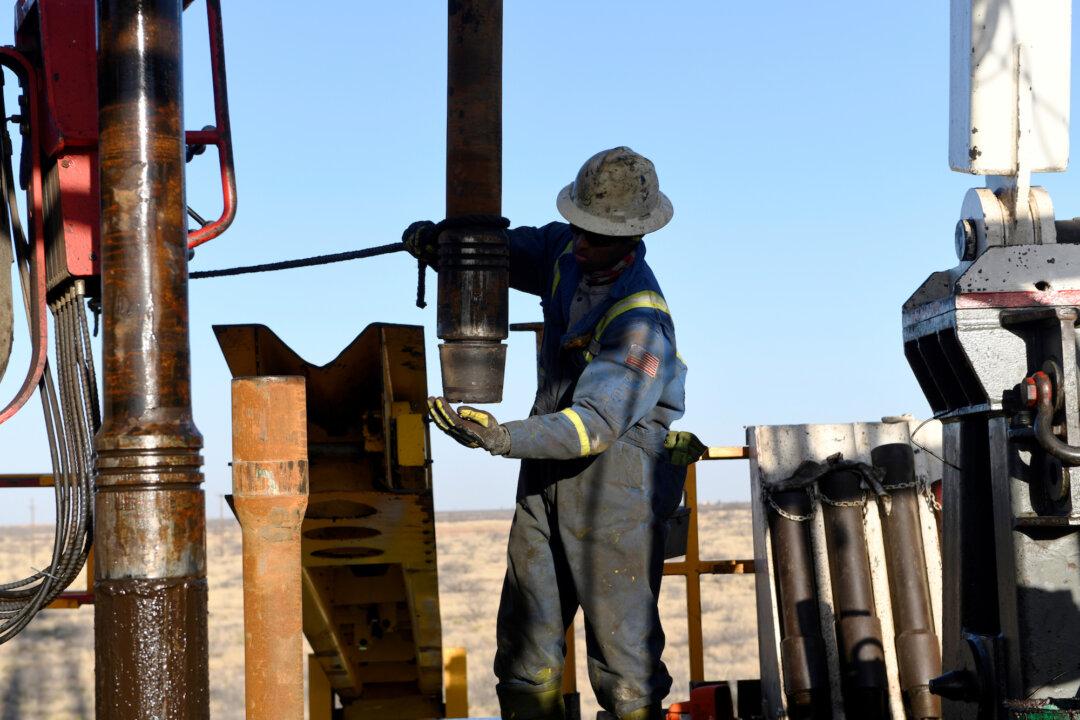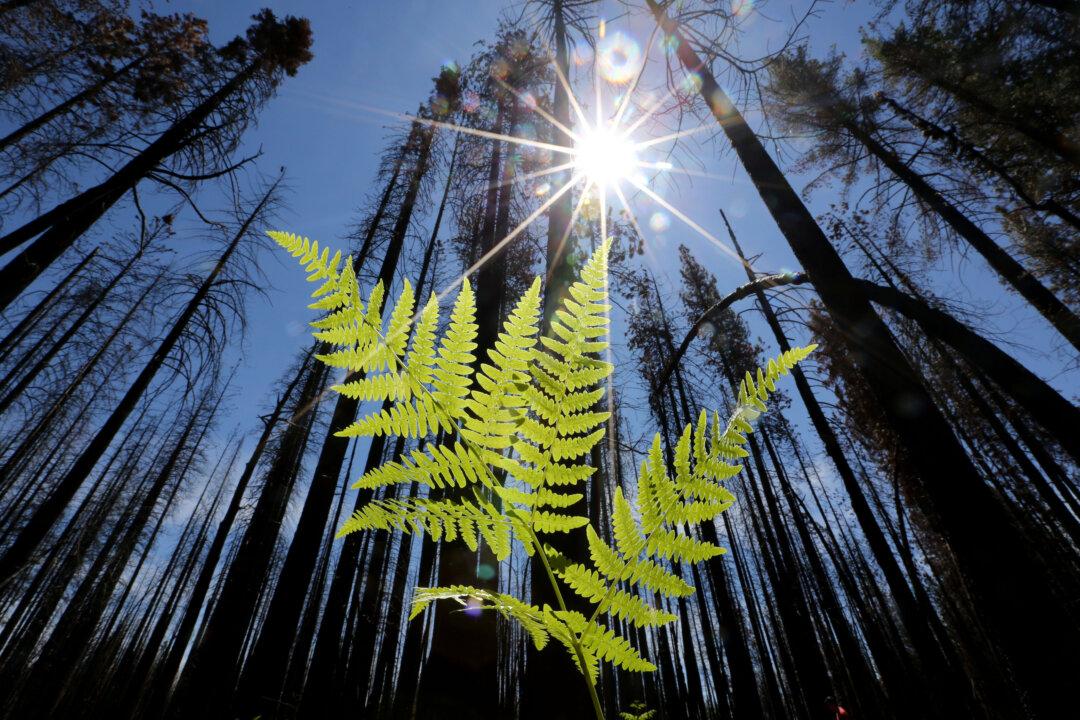The American Petroleum Institute (API) said Wednesday that banning oil and natural gas development offshore and on federal lands could lead to the loss of almost one million American jobs. In addition, such a ban would force the United States to rely more heavily on foreign sources of energy, increase CO2 emissions by forcing greater reliance on coal, and slash local and federal tax revenue from the oil and gas industry.
“Banning federal leasing and development on federal lands and waters would derail decades of U.S. energy progress and return us to the days of relying on foreign energy sources hostile to American interests,” said API president and CEO Mike Sommers in a statement. “This is ultimately a choice between American-made energy and foreign energy, a choice between American jobs and foreign jobs.”





